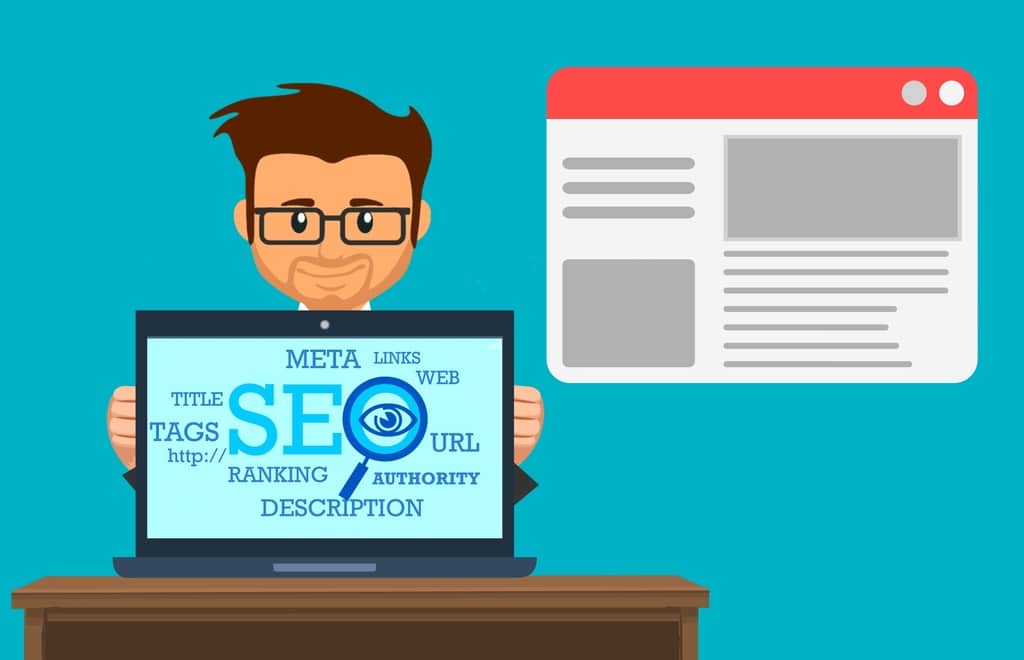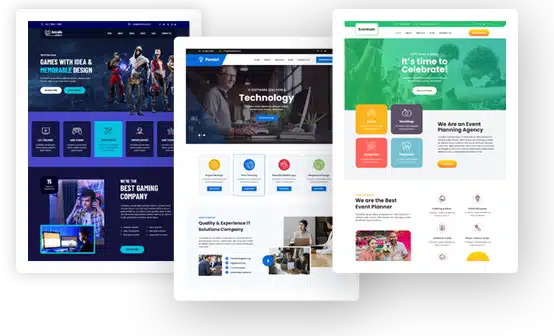Advanced Local SEO Techniques for WordPress Websites

So, you’ve conquered the local SEO starter pack: you’ve claimed your Google My Business listing, optimized your website with relevant keywords, and maybe even dabbled in a bit of online reputation management. Now, you’re ready to take your local SEO game to the next level. But where do you begin?
Fear not, intrepid WordPress warriors! This article dives into the exciting world of advanced local SEO techniques specifically tailored for WordPress websites. We’ll explore strategies that go beyond the plugins and delve into optimizing your website for maximum local visibility and customer engagement.
Schema Markup Magic
Let’s face it, search engines love structured data. Schema markup acts like a translator, clearly communicating the essence of your local business to search engines. This translates to richer search results, potentially including your business address, reviews, and even photos displayed directly on the search engine results page (SERP).
Here’s the beauty of WordPress: there are fantastic plugins like Yoast SEO or Rank Math that offer user-friendly interfaces for implementing schema markup. No coding required! Simply define your business type, location details, and any relevant additional information, and these plugins seamlessly integrate the schema markup into your website.
Customizing Your Local SEO Settings
While plugins are a fantastic starting point, true optimization comes with customizing your WordPress settings. Here are some key areas to explore:
- Permalinks: Ditch those generic post and page URLs. Instead, opt for permalink structures that incorporate your target keywords and location. For example, instead of [invalid URL removed], use [invalid URL removed][city]/[service]/.
- XML Sitemaps: Ensure your website has a clear and up-to-date XML sitemap. This helps search engines efficiently crawl and index your website content, including your local pages. Plugins like Yoast SEO can handle this automatically for you.
- Category and Tag Optimization: Don’t just throw random categories and tags at your content. Utilize location-specific categories and tags to further enhance your local SEO. For instance, a plumbing company might categorize a blog post as “Plumbing Services” and tag it with “Local Plumber,” “[City Name] Plumbing,” and “Emergency Leak Repair.”
Location, Location, Location
It seems obvious, but ensuring your location is consistently displayed throughout your website is crucial. Here’s how to make sure your local presence shines:
- Contact Page Optimization: Include your complete business address, phone number, and email address prominently on your contact page. Consider embedding a Google Map showcasing your location for added convenience.
- Footer Power: Don’t underestimate the power of your website footer. Include your NAP (Name, Address, Phone number) information consistently across your entire website, including the footer.
- Content is King, Location is Queen: Weave your location naturally into your website content. This could include city-specific service offerings, local case studies, or blog posts highlighting your involvement in community events.
The Power of Internal Linking
Internal linking structures not only enhance user experience but also contribute to local SEO. Link relevant local content pages to each other, creating a web of information that showcases your expertise and authority within your local market. Think of it as a digital walking tour, guiding local customers through your website and highlighting your services.
Going Beyond the Blog
While a blog is a valuable local SEO tool, consider exploring other content formats to engage your local audience. Here are ways to do that:
- Create Location-Specific Landing Pages: Target specific neighborhoods or services with dedicated landing pages. Optimize these pages with relevant keywords and location-specific information to attract highly targeted local leads.
- Showcase Your Expertise with Videos: Local video content is a powerful engagement tool. Consider creating explainer videos demonstrating your services, showcasing customer testimonials, or highlighting your involvement in local events.
Building Local Online Communities
Local SEO isn’t just about keywords and rankings. It’s about building genuine connections with your local audience. Here’s how to leverage your WordPress website to foster a thriving online community:
- Enable Comments and Reviews: Encourage interaction on your blog posts and local service pages. Respond promptly to comments and reviews, demonstrating your commitment to customer satisfaction.
- Integrate Social Media: Connect your WordPress website to your local social media platforms. Share engaging content, offer promotions that resonate with your local audience, and participate in relevant online conversations.
Optimizing for Mobile-First Local Searches
Remember, a significant portion of local searches occur on mobile devices. Ensure your WordPress website is responsive and mobile-friendly. This means your website should display seamlessly across all devices, desktops, tablets, and smartphones.
Pro Tip: According to a Gold Coast SEO agency, you can utilize Google’s Mobile-Friendly Test tool to assess your website’s mobile responsiveness and identify any areas for improvement.
Tracking Your Local SEO Success
Advanced local SEO isn’t just about implementing strategies; it’s about tracking your progress and making data-driven decisions. Here’s where website analytics become your secret weapon.
- Google Search Console: This free tool from Google offers valuable insights into your website’s organic search performance. Track how your local keywords are ranking, identify local search queries that land users on your website, and analyze backlinks to your website – all crucial elements for local SEO success.
- Google My Business Insights: Dive deeper into the data associated with your Google My Business listing. Track how many people are searching for your business name, viewing your photos, requesting driving directions, or clicking through to your website. Analyze these metrics to understand how local audiences are interacting with your online presence.
- Website Analytics (Google Analytics): This free and powerful tool provides a comprehensive view of your website traffic. Identify which pages are attracting local visitors, track conversions like phone calls or contact form submissions from local users, and gain valuable insights into user behavior on your website.
By analyzing data from these tools, you can identify what’s working well, and what areas need improvement, and refine your local SEO strategy accordingly.
Embrace the Power of Local Citations
Local citations are online mentions of your business name, address, and phone number (NAP) across various directories and websites. These citations act as digital verification signals for search engines, boosting your local SEO ranking.
There are two main ways to tackle local citations:
- Claim and Manage Existing Listings: Many online directories already have listings for local businesses. Utilize tools like Moz Local or Yext for efficient local SEO automation to discover existing listings and claim ownership. Ensure your NAP information is consistent across all platforms.
- Build New Local Citations: Submit your business information to relevant online directories and websites within your local area. Focus on industry-specific directories, local chambers of commerce listings, and community websites.
However, remember, quality trumps quantity. Don’t submit your information to irrelevant or spammy directories. Focus on building high-quality citations that provide value to your target audience.
A Continuous Journey
Advanced local SEO for WordPress websites is an ongoing journey of exploration and optimization. Embrace the process, experiment with different strategies, and continuously learn from your analytics data. By consistently implementing the techniques outlined above, you’ll transform your WordPress website into a powerful local SEO magnet, attracting more qualified leads and propelling your local business toward online success.
Remember, the key is to focus on long-term strategies, provide valuable content to your local audience, and establish yourself as a trusted resource within your community. The more you prioritize building trust and local connections, the more your local SEO efforts will blossom. So, unleash the power of your WordPress website, embrace advanced local SEO techniques, and watch your local business thrive in the ever-evolving digital landscape.

